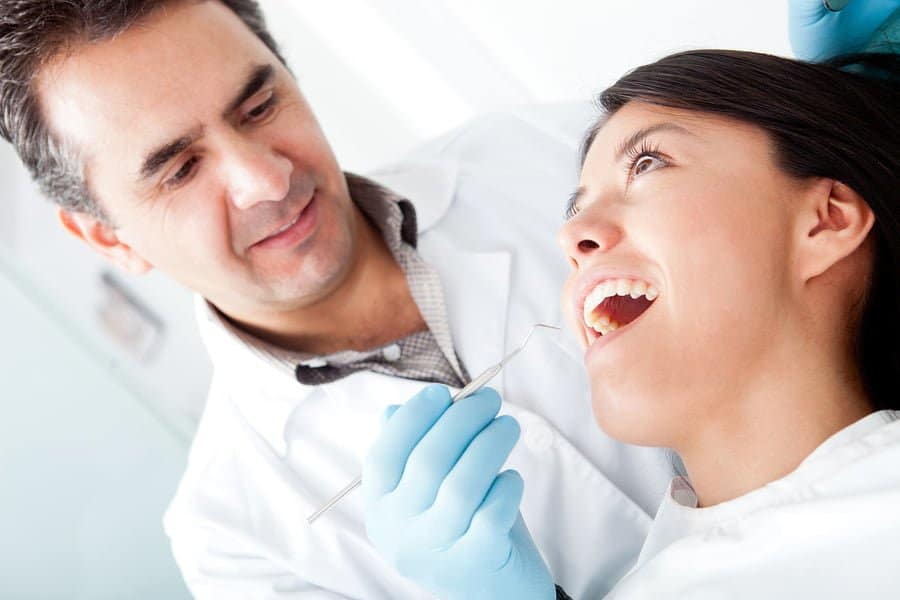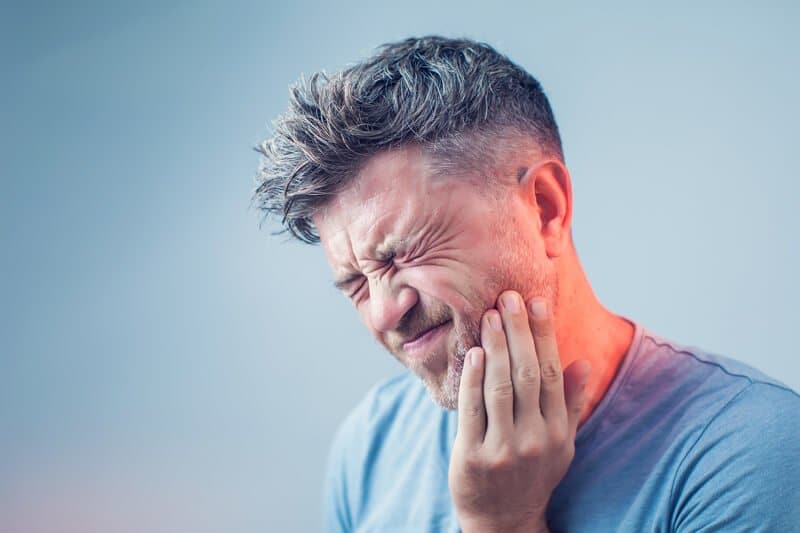Being pregnant is an exciting and busy time, and there’s usually a lot to think about! One area of potential concern can be your teeth – particularly if you need to have dental work done. Risks and consequences may apply to any treatment. Always seek a second opinion when considering complex treatment. A referral to a specialist may be required in certain situations.
Let’s take a look at some common pregnancy-related dental issues, and whether you can safely have dental treatment during your pregnancy.
Potential dental problems during pregnancy
There are a few things that can compromise your dental health while you’re pregnant. According to the Better Health Channel, these include:
- Issues with your gums associated with hormonal changes, such as gingivitis.
- Vomiting due to morning sickness, which can damage tooth enamel.
- Food cravings – particularly sweet and sugary foods that can lead to decay.
- Retching when brushing back teeth.
What can do about them?
It’s important to maintain good dental hygiene habits while you’re pregnant, and visit your dentist regularly.
Brush twice a day, using a softer brush than usual to clean both gums and teeth without causing bleeding.
Avoid brushing your teeth immediately after vomiting, so that you don’t risk damaging the enamel and allowing stomach acids to penetrate the teeth. If you have problems with retching it can help to use a smaller brush, take it slow, and even listen to music to distract yourself.
Is it safe to have dental treatment while pregnant?
It’s a good idea to have any work done before you conceive, if possible, but having dental treatment during pregnancy is generally considered to be safe. The Better Health Channel states that elective procedures are often delayed until after the first trimester.
X-rays can be a concern for many mums to be, but it’s important to remember that the radiation from a dental x-ray is much lower than other types. If dental x-rays are necessary, your dentist can take precautions to protect the baby.
Local anesthetics used for dental fillings are also considered to be low risk, according to the American Dental Association.
According to the Mayo Clinic website, women who have dental fillings, extractions or even root canal during the second trimester of pregnancy don’t have higher rates of issues at birth. The second trimester may also be more physically comfortable in terms of nausea and lying in the chair.
If you’re pregnant, it’s not a time to be avoiding your dentist! Maintain your hygiene habits, and if you do need work such as a dental filling, get advice on the best way forward from your dentist and your doctor.




